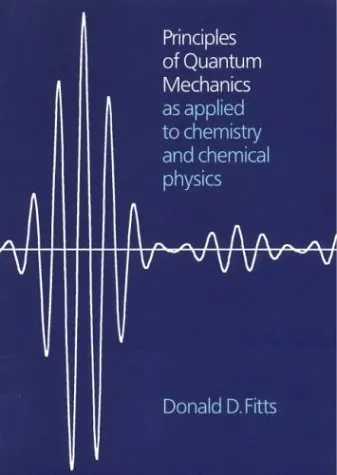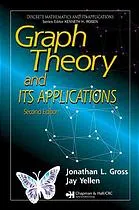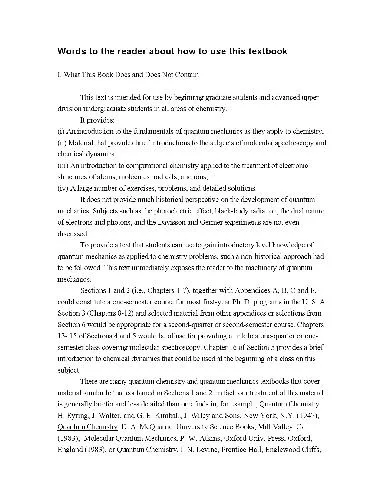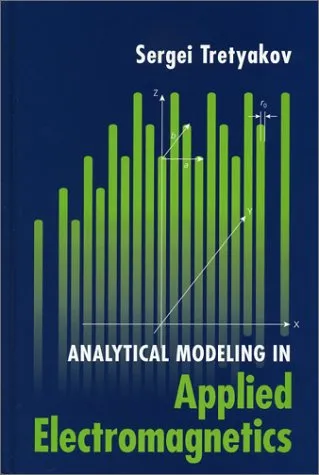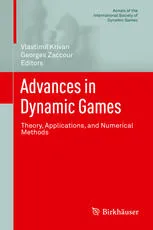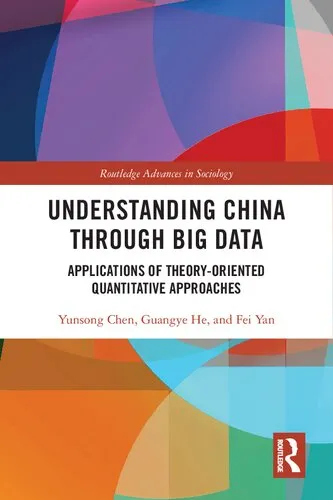Advances in Dynamic and Mean Field Games: Theory, Applications, and Numerical Methods
4.0
Reviews from our users

You Can Ask your questions from this book's AI after Login
Each download or ask from book AI costs 2 points. To earn more free points, please visit the Points Guide Page and complete some valuable actions.Related Refrences:
Introduction to "Advances in Dynamic and Mean Field Games: Theory, Applications, and Numerical Methods"
Dynamic and Mean Field Games represent an evolving and highly interdisciplinary area of mathematical and applied sciences. The book "Advances in Dynamic and Mean Field Games: Theory, Applications, and Numerical Methods" provides a comprehensive exploration of the latest developments in this field, bringing together a wealth of theoretical insights, practical applications, and cutting-edge computational techniques. Edited by Joseph Apaloo and Bruno Viscolani, the book serves as an essential resource for researchers, educators, and practitioners across mathematics, economics, engineering, and applied sciences.
This book underscores the growing relevance of dynamic and mean field games in modeling complex systems with interacting agents. By presenting a meticulously curated set of contributions from experts, it addresses the need for both rigorous theoretical approaches and practical methods that enable real-world application. As such, this volume advances our understanding of the intricate relationship between individual strategies, collective behavior, and societal outcomes, employing a multidisciplinary lens.
Detailed Summary of the Book
The book is divided into multiple chapters, each written by leading researchers in their respective domains. The topics covered range from foundational concepts to groundbreaking innovations, blending classical results with modern advancements. The theoretical discussions delve deeply into the mathematical structure of dynamic games, focusing on equilibrium concepts, stability, and optimization techniques.
A significant portion of the book is devoted to mean field game theory, which extends dynamic games to a setting where the number of individual participants tends to infinity. This framework proves particularly powerful in modeling large-scale systems, such as traffic networks, financial markets, and energy grids. Chapters in this section offer rigorous mathematical formulations and explore the dynamic evolution of agent distributions over time.
In addition to theory, the book features an extensive treatment of applications. These include topics such as sustainable resource allocation, economic modeling, epidemiology, and smart grids. Readers will appreciate the practical examples offered throughout the book, which demonstrate how game-theoretic approaches are redefining problem-solving in diverse areas of science and engineering.
The book concludes with chapters on computational techniques and numerical methods, equipping readers with tools essential for implementing dynamic and mean field games in practice. From finite difference schemes to machine learning-based approaches, these sections provide a bridge between abstract theory and concrete implementation.
Key Takeaways
- A comprehensive overview of dynamic and mean field games, with a balanced focus on theory, applications, and computational methods.
- Insights into equilibrium concepts and their role in both finite and infinite-player settings.
- Practical applications across sectors like economics, energy systems, and epidemiology, making the book interdisciplinary in scope.
- A rich discussion on numerical methods that bridge the theoretical foundations with tangible, real-world implementations.
- Contributions from renowned experts, ensuring credibility and cutting-edge perspectives throughout the book.
Famous Quotes from the Book
"The interplay between individual incentives and collective outcomes lies at the heart of dynamic and mean field games."
"Numerical methods do more than solve equations—they offer new dimensions of insight into the complexity of interacting agents."
"The power of mean field game theory lies in its ability to capture the behavior of large-scale systems, with applications only limited by our imagination."
Why This Book Matters
This book stands out in its mission to connect theory with practice, providing a unified platform for concepts that are often fragmented across different disciplines. In an era where complex systems dominate our world, the ability to model and analyze such systems using dynamic and mean field games has never been more crucial.
For academics, this book provides a treasure trove of ideas, methodologies, and open challenges, driving forward research into new frontiers. For practitioners, it serves as a manual for implementing these powerful techniques in solving pressing real-world problems. From sustainable development to economic planning, from designing smarter cities to understanding pandemics, the applications of the ideas in this book are as diverse as they are impactful.
Ultimately, "Advances in Dynamic and Mean Field Games" is more than a collection of essays; it is a dialogue between disciplines, a bridge between past knowledge and future innovation, and a call to action for those eager to make a difference through cutting-edge science and technology.
Free Direct Download
You Can Download this book after Login
Accessing books through legal platforms and public libraries not only supports the rights of authors and publishers but also contributes to the sustainability of reading culture. Before downloading, please take a moment to consider these options.
Find this book on other platforms:
WorldCat helps you find books in libraries worldwide.
See ratings, reviews, and discussions on Goodreads.
Find and buy rare or used books on AbeBooks.
1246
بازدید4.0
امتیاز0
نظر98%
رضایتReviews:
4.0
Based on 0 users review
Questions & Answers
Ask questions about this book or help others by answering
No questions yet. Be the first to ask!



